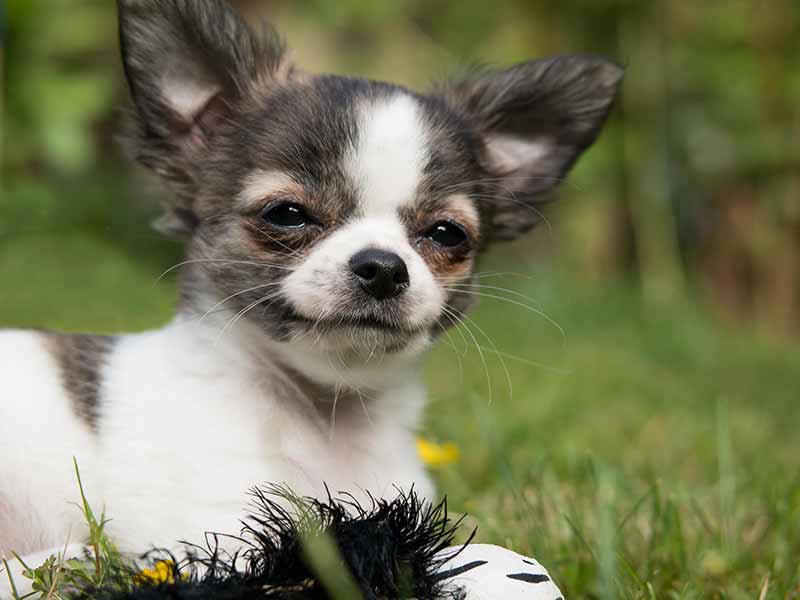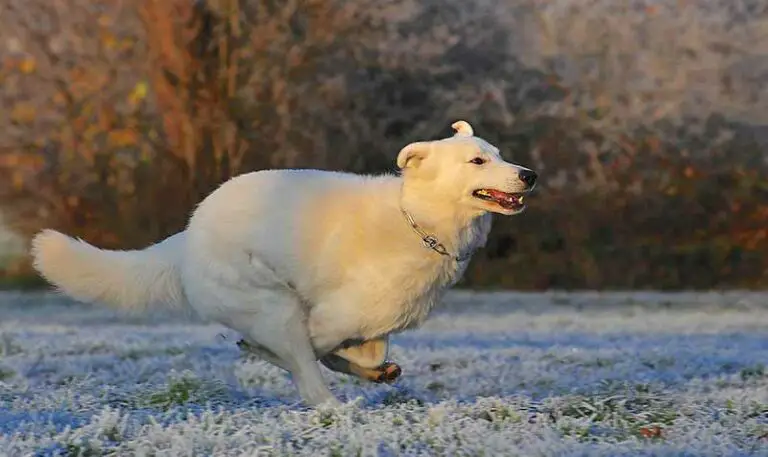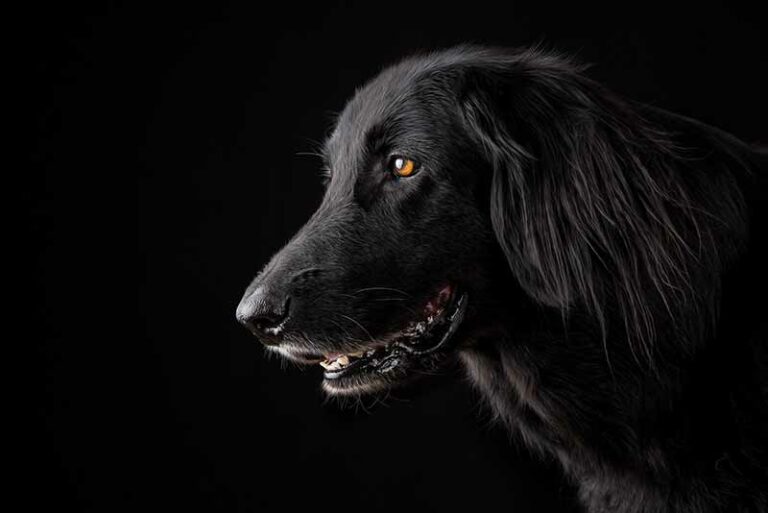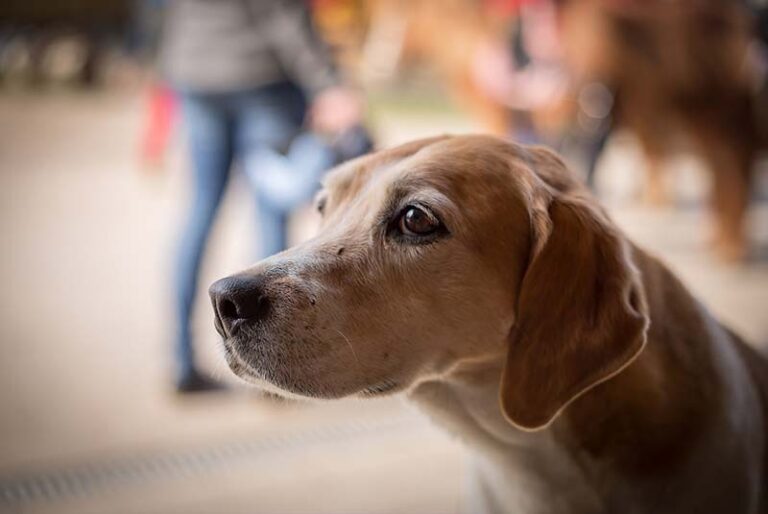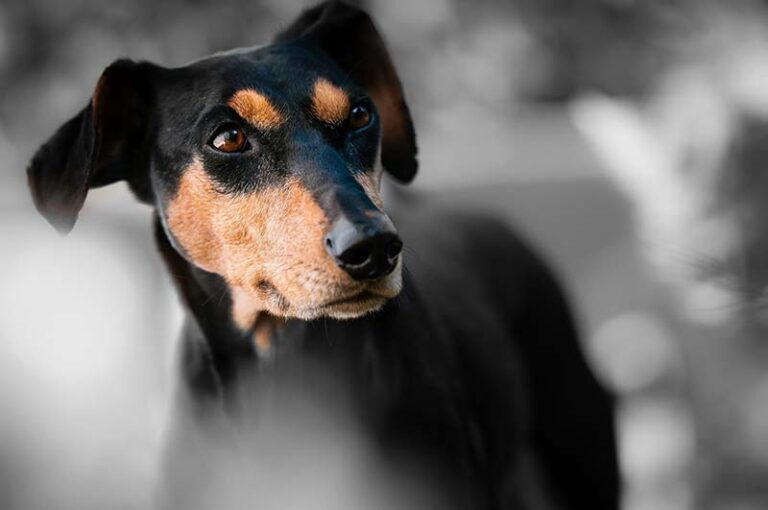Why Do Dogs Eat Grass On Walks? How To Stop?
Almost all dog parents must have witnessed this unnatural behavior in their dogs. Although it looks bizarre and surprising to us, eating grass is an entirely regular occurrence for a dog. So, we thought of discussing the reasons why dogs eat grass on walks.
When a dog does something out of its usual pattern, it is a call of concern for its owners. But according to the word around the dog owners, our canines turn to these green things when they have an upset stomach. But is it the reason why dogs graze on grass? Let’s find out!
You might be interested in reading – Why Do Dogs Eat Grass When Sick?
So, Why do dogs eat grass on walks? The myth that dogs eat grass because of an upset stomach is correct up to a certain point. These stomachaches result from low fiber in the dog’s diet. And a particular element in the grass – which is a source of rich fiber – helps them get rid of their unsettled stomachs.
Why Do Dogs Eat Grass On Walks? Reasons
Many of us had to pull our dogs from their collars or leashes when they suddenly got an inspiration to try out the greenery on the sides of the road.
Many things may pop into our heads when we see that the dog is not just doing his usual sniffing of the ground before doing his business. Still, instead, they are simply munching on the grass like a cow – pun intended, no offense.
That exact patch of grass may have witnessed a dozen dogs peeing and pooping on it. About an infinite number of germs and harmful particles may be dwelling on that grass’s surface.
So we will quickly pull them away only to have them pull us back to that grass patch like he’s attracted to metal like a magnet.
But, Why do dogs eat grass on walks?
Simply, the grass is an excellent source of fiber. And when dogs have fiber deficiency in their body because the meal you provide them doesn’t include the proper amount of fiber, they will experience a variety of stomach issues, including digestive issues and passing stools.
Roughage, an essential nutrient found in the grass, is the easiest way to get rid of these indigestion problems and pass stools easily.
It also helps his stomach functions run more efficiently and smoothly. Therefore, eating grass is actually good for the health of the dog.
But be cautious and keep an eye out for symptoms of severe stomach discomfort in your dog before he starts grazing on grass.
If so, he may be having a medical condition such as inflamed bowels or gastric reflux. In such situations, getting your pet checked by an experienced medical officer is the best thing you can do.
How Do I Stop My Dog From Eating Grass When Walking?
If the dog grows a behavior of trying to munch on grass every time you take him out, giving you substantial doubt about Why do dogs eat grass on walks, you may get a bit irritated with the dog. He may try to pull you towards grass patches every time he sees one.
But there are a few ways you could prevent your dog from eating grass when walking.
- Bring some dog treats with you
Dogs love treats. And whenever you see them not listening to your command, just a glimpse of one of these tasty dog treats will get them hooked like a nail to a magnet.
So, no more pulling your dog from the leash will be necessary if you have a bunch of these in your pocket every time you and the dog go for a walk.
But make sure that you are not influencing your pet negatively. Make sure to show the treat and ask him to “come” or “stop.” Once the pet obeys that command under the influence of delight, praise him and offer it.
- Don’t let the dog be bored
Chewing is a relaxing activity for a bored dog. So if the dog feels bored, he will succumb to this without your consent.
To stop this, introduce some exciting features to the dog’s life without just wondering why dogs eat grass on walks.
The better simulation will keep them occupied and happy, and there won’t be time for them to find new recreational ways to keep themselves occupied.
- Use a countdown before tugging
The doubt on your mind, why do dogs eat grass on walks, will make you quickly tug the dog away from the patch of grass as soon as you see them grazing on the greens. But a sudden pressure on their necks will hurt them, so tugging from the leash is not an option.
Instead, countdown from three and apply gentle pressure on the leash when you reach one. This method will not make the dog understand what you are trying to enunciate at once, but over time, the pet will quickly look up from what he’s doing before you tug him.
- Provide the dog with a balanced diet daily
A balanced diet will provide the pet with all the necessary nutrients and rich fiber that help a dog digest food and pass stools easily.
And then, the dog will not need to turn to the greens to acquire roughage, a fibrous material found on the grass to help them with easy digestion.
Other than these, you may also work to keep their attention on you and your commands or turn to a pet doctor for advice.
Not letting your dog eat unclean grass is essential because there could be a thousand and one parasites in these greens.
Long leaves on grass can prick your sweet tooth’s paws, eyes, and insides of their mouths, making them irritated, as well.
Additionally, the soil may even consist of dog ticks that may carry diseases such as Lyme disease, making a perfectly healthy dog sick with a sudden illness.
Now that you know why dogs eat grass on walks, you can take the necessary actions to prevent such situations. Moreover, with the above methods we have mentioned, you may stop a dog from eating grass on walks.
Thank you for reading this post. Stay tuned with Jack Russell Owner.

